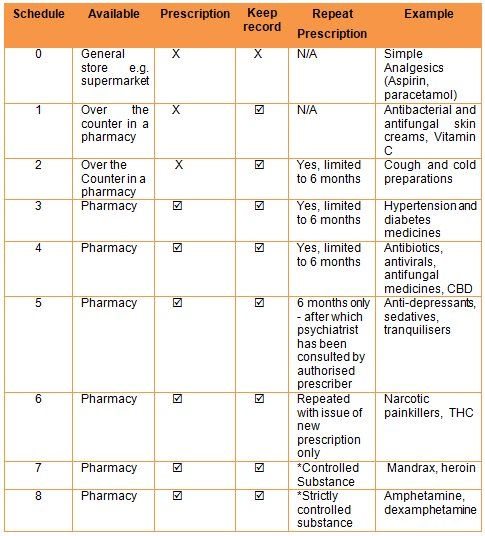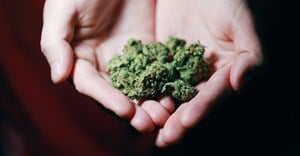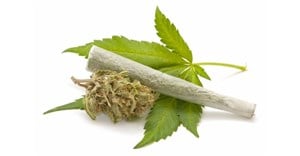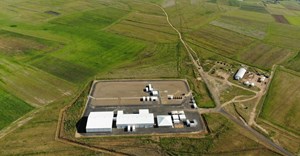Changes to the scheduling of cannabis, THC and CBD explained

There are over 100 chemical compounds, known as cannabinoids, found in cannabis - the two primary cannabinoids being THC and CBD. Both known to have some medicinal properties; THC is responsible for cannabis’ euphoric effects, while CBD is non-intoxicating. Although hemp and dagga look similar, they’re not the same. Both belong to the same genus and species, however its cultivars differ. Cultivars are breeds of a plant species bred for different purposes. The main difference between hemp and dagga are the THC levels. Whereas marijuana can contain between 5 - 20% THC on average, hemp has little to no THC.
Due to the scheduling changes, it is important to understand how medicines are scheduled. Medicine scheduling is a classification system used to define a medicine’s level of risk and benefit. As the medicinal risk increases, so does the schedule.
Schedule 0 medicines must be relatively safe to use without the need to consult a medical practitioner. Schedule 1 and 2 medicines must be sold by pharmacists or provided by a healthcare professional, but do not require a prescription. Schedules 3-8 are only available with a prescription. Schedule 7 medicines are not recognised for medicinal use apart from scientific studies. Schedule 8 substances are strictly controlled.

*Controlled Substance – a substance whose manufacture, possession or use is regulated by the Government.
Cannabis and THC have been completely removed from Schedule 7, and THC, which was previously listed as a Schedule 6 substance when intended for therapeutic purposes, has been amended. CBD, which is listed in Schedule 4, has also been amended providing for certain exceptions which will be regulated as a Schedule 0 instead.
CBD is a Schedule 4 medicine and will therefore only be sold if a prescription is provided. However, if the CBD product complies with one of the following two exceptions, it will be classified as Schedule 0, which means that it can be sold in the open market:

THC on the other hand will require a prescription to purchase because it is listed in Schedule 6, which are narcotics intended for therapeutic purposes. However, in terms of the recent amendments, the following THC products are exempt from Schedule 6:

The exclusion of certain CBD containing products, as per the previous exemption, has now been confirmed. There are, however, a few differences, namely that the CBD Exception 1 will be classified as a Complementary Medicine as per the Medicines Act and daily dosages has been specified together with a maximum pack size (which was not the case as per the exemption).
Further, cannabis as a plant is completely removed from Schedule 7 and is no longer listed in any of the Schedules in the Act. Instead, the psycho-active ingredient THC is listed in Schedule 6, with a specific exemption made for industrial, low THC cannabis (ie. industrial hemp products). CBD Exception 2 and THC Exception 2 are also connected as a CBD product is exempted from the Schedules if it contains less than 0.0075% of CBD but it is also presumed that in terms of THC Exception 2, the product cannot contain more than 0.001% of THC. This also confirms the Schedule 4 exclusions of the previous exemption.
Finally, the personal use of cannabis by an adult, in private, is enabled in accordance with the 2018 Constitutional Court judgment.
The Department of Health has accordingly met the deadline given by the Constitutional Court to amend the invalid sections and therefore no further amendments to the Medicines Act are required. Any medicinal CBD or THC products which do not fall within the exceptions to the Schedules of the Medicines Act, as explained above, remain subject to the requirements of the Medicines Act, its Regulations and guidelines issued by the SA Health Product Regulatory Authority.














